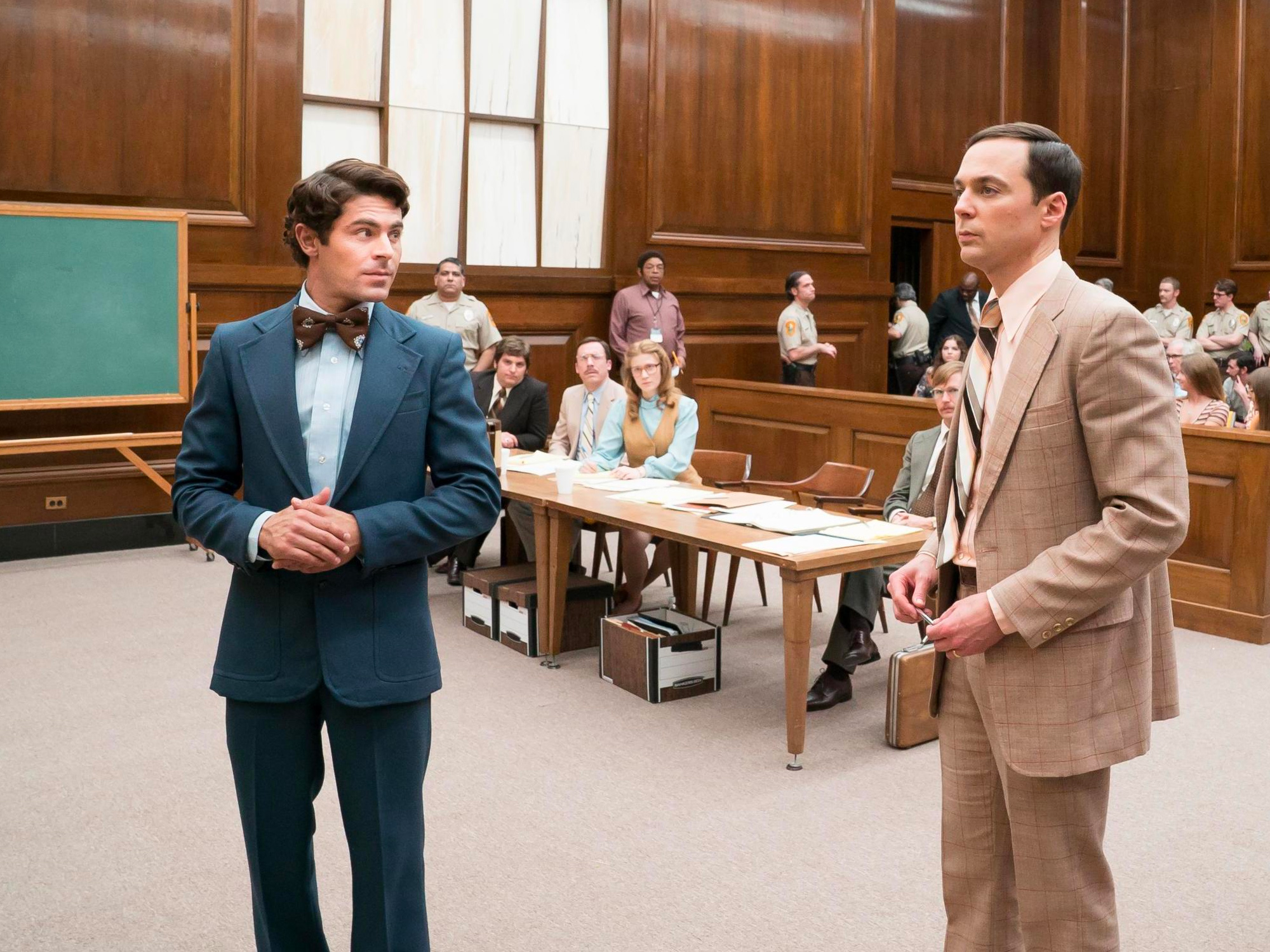
When the first trailer for Joe Berlinger’s Ted Bundy biopic dropped, it was met with widespread internet derision, as viewers railed against the curious comic tone, as well as the decision to cast all-American heartthrob Zac Efron as a serial killer responsible for the murder of at least 30 women. That a two-and-a-half minute trailer could inspire a plethora of think pieces about the value of art about evil men and the so-called ‘glamourisation of serial killers’ proves that some 30 years after Bundy’s death, he continues to cast a long shadow on pop culture.
Yet our collective fascination with true crime (and in turn serial killers) has existed for centuries – from Jack the Ripper and Elizabeth Bathory through to the Zodiac Killer and Son of Sam. While many films based on horrific true events can be exploitative and unnecessary, there is still room for those that add something to our wider understanding of events, or – more importantly – the victims, so often forgotten in narratives swept up with their shocking subject.
In theory, then, Joe Berlinger’s Extremely Wicked, Shockingly Evil and Vile, based on the memoir of Bundy’s long-term girlfriend Elizabeth Kloepfer (also known as Liz Kendall), has a solid premise, seeking to reveal the insidious and devastating impact Bundy’s crimes had upon the woman closest to him.
We first meet Kendall (Lily Collins) as she waits to meet with Bundy at Florida State Prison, before the timeline shifts back to their first meeting years earlier at a college bar in Seattle, Washington. The charming, handsome Bundy quickly appeals to Liz, and their life together seems idyllic, until Bundy is arrested in Utah and subsequently accused of aggravated kidnapping. From there Liz’s life begins to unravel, as she is forced to reevaluate the life she built with Ted.
Yet the star of the show is unquestionably Efron, who captures the charm and manipulative streak which enabled Bundy to murder women across seven states over a four-year timeframe. It’s a theatrical, absorbing performance which works in part because of Efron’s own cultish celebrity, but also because he manages to convey something dark and sinister lurking beneath the polished surface. It’s easy to understand why Bundy was able to operate for so long, and why he was able to escape from police custody twice – he just didn’t fit the profile.
Unfortunately the magnitude of Efron within the film means that it isn’t really Kendall’s story, and Berlinger never really commits to her point of view. Although the film avoids garishly recreating Bundy’s crimes (for the most part), we never gain any sense of who Bundy’s victims actually were, or the true extent of the brutality they were subjected to.
Instead Berlinger’s film becomes a curious courtroom spectacle that revolves around Bundy’s ego and increasingly desperate attempts to avoid incarceration. He’s the sort of character who sucks the air out of a room, and against Efron’s juggernaut performance, Collins just can’t quite keep up. Only in the film’s final confrontation between Kendall and Bundy do we begin to fully appreciate what was taken from her by him.
It’s hard to see the film as a glamourisation of serial killers – the intention seems to be to highlight the dangerous charismatic sociopathy of Bundy, and the ways in which monsters are often hidden in plain sight. Berlinger’s film fails for different reasons. Efron’s casting feels like a twisted compliment to Bundy, who probably would have been quite pleased to be portrayed by a handsome, bonafide Movie Star. And as a biopic, the film seems overly fascinated with its subject’s mythology, failing to show anything about him that isn’t already there in archive footage. It only scratches the surface of the true depravity Bundy was capable of.
The post Extremely Wicked, Shockingly Evil and Vile appeared first on Little White Lies.
![Forest Essentials [CPV] WW](https://s3-us-west-2.amazonaws.com/pcw-uploads/logos/forest-essentials-promo-codes-coupons.png)
0 comments